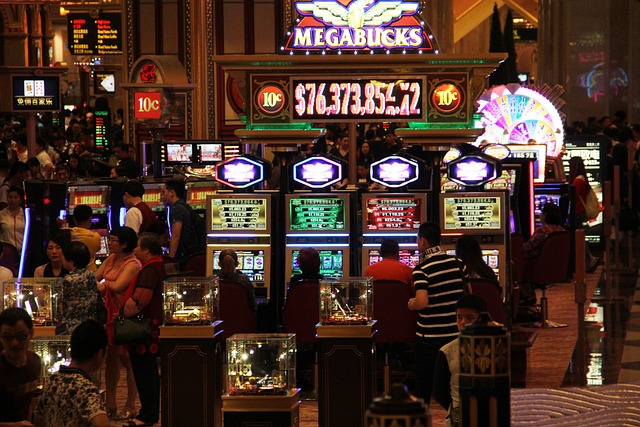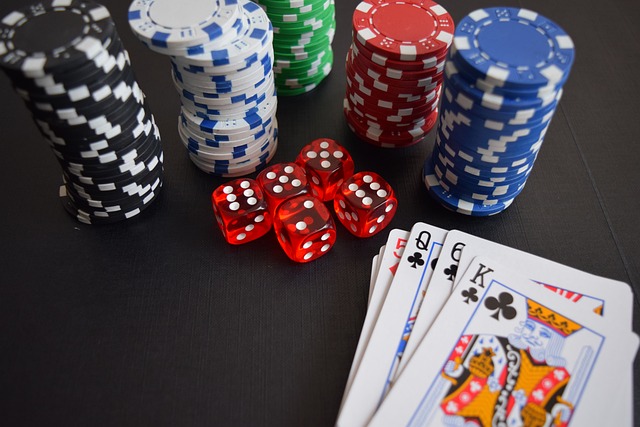Gambling is a common pastime. There are customary games in almost every culture. These games are entertaining as well as illuminating their origins’ ideals and history. These range in difficulty from easy street games to challenging table games. They provide an engrossing glimpse into their respective civilizations. This article examines a few of these unusual betting games from throughout the globe, emphasizing their cultural significance and set of rules.
Pachinko – Japan
One of the most well-liked gambling pastimes in Japan is Pachinko, a mechanical game with a vertical pinball machine-like appearance that originated there. Gamers purchase little steel balls. After inserting the balls into the device, they shoot them through a set of pins. The object of the game is to catch as many balls as you can since they can be traded in for rewards. In Japan, there are pacchinko parlors everywhere. Their love of chance and skill games is reflected in them. They also entail an interesting, physical experience.
Jhandi Munda – India

India’s traditional board game, Jhandi Munda, is especially well-liked during the northeastern states’ festivals. Six dice are used in the game, and each side of the dice is marked with symbols rather than numbers. After the dice are rolled, players wager on which symbol will show face up the most often. Jhandi Munda strengthens bonds with neighbors and family. It’s a social game as well as a chance game.
Fan-Tan – China
One of the oldest gambling games that is still played in some Chinese and Chinese-American groups abroad is fan-tan, which has a history spanning over 2,000 years. This easy game used to be a mainstay in American gambling establishments during the 1800s. It gained popularity when the Transcontinental Railroad was being built. In Fan-Tan, participants wager on the number of little things (such beans or coins) that the dealer covers with a bowl, modulo four. The importance of numerology in Chinese culture is reflected in the game’s concentration on numbers.
Two-Up – Australia

An iconic gambling game from Australia, Two-Up is played on ANZAC Day, which honors the Australian and New Zealand Army Corps. Two coins are tossed into the air, and players wager on which way they land to win. The game is simple. It connects to the fun activities of Australian soldiers in World Wars II. This highlights two things important to Australian culture: luck in hardship and camaraderie.
Tab – Philippines
The card game tab, which is exclusive to the Philippines, is frequently played at social events and on special occasions. The play sequences are quite strategic, and the game has a sophisticated system of betting against a banker. With its communal play style that fosters celebration and group bonding, Tab represents the principles of social interaction and strategic thinking that are important to the Filipino people.
In summary, these traditional games are more than just past times; they are cultural relics that shed light on the norms, history, and values of the societies in which they are played. They serve as a reminder that gambling is a means of celebrating and preserving cultural heritage in addition to being a form of entertainment. The JetX game and other new digital platforms provide a modern take on classic gambling thrills for individuals who want to feel the rush of betting along with strategic gameplay.
